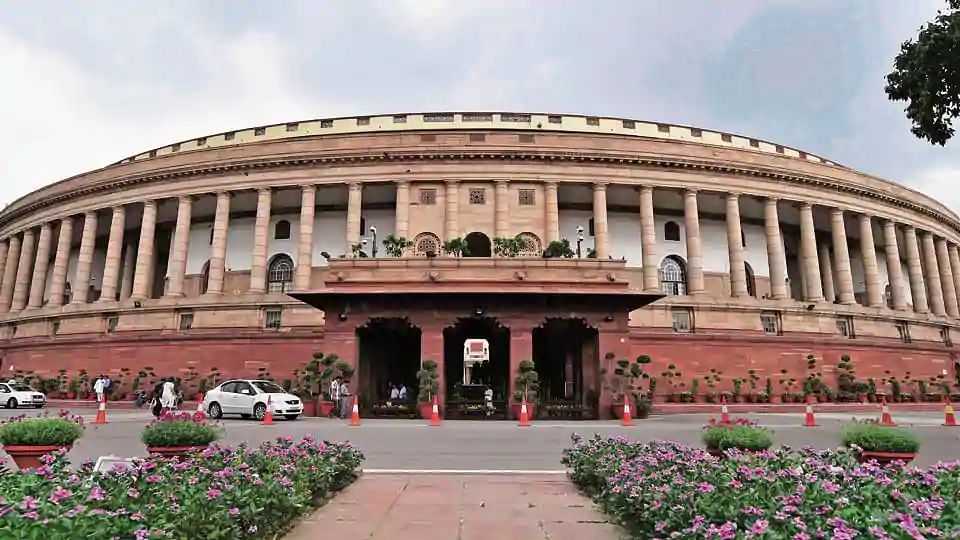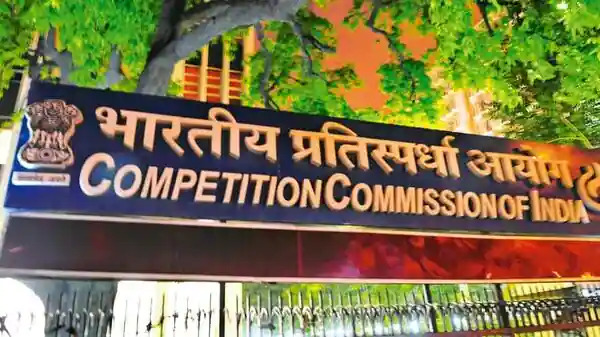
Legalising Crisis Cartels
A solution to structural overcapacity caused by the Covid-19 crisis is the legalisation of private industrial restructuring agreements
Problem
In the aftermath of the Covid-19 pandemic, many industries are likely to face “overcapacity”, a situation where an industry is designed to supply more than what is consumed. This is structural in nature and cannot be remedied by the interplay of market forces alone. In such times, market players, instead of altering their own capacity in line with the market’s demand, may continue production in full-scale in an attempt to induce rivals to exit the market. Persistent overcapacity of this nature, if left unaddressed, will result in over-investment of capital, over-employment, reduced returns for producers, and failure to achieve efficiency.
Solution
A solution to structural overcapacity is the legalisation of private industrial restructuring agreements. These agreements are also known as “crisis cartels”- a term used to describe agreements between, or concerted actions taken by, competitors during or as a result of an economic crisis, in an attempt to find a joint solution to their common difficulties. In times of overcapacity, this may be achieved by agreeing on quantities of production, facilitating the opportune exit of a few players from the market and/or setting “fair” prices to avoid some industry players from going bankrupt.
While cartels are generally prohibited due to their ability to harm competition and consumer welfare, such cartels, when effectuated cautiously during times of overcapacity, can have significant benefits. Such agreements can optimise disrupted levels of demand and supply, facilitate orderly exit of companies, and enable firms that remain in the market to overcome losses and thereby enhance overall consumer welfare. In light of these benefits, the European Court of Justice has previously held such agreements to be legal in the Synthetic Fibres case, (Case IV/30.810), and the Dutch Bricks case, (Case IV/34.456) in times of structural overcapacity. This is a deviation from their otherwise strict scrutiny of cartelisation.
The civil aviation industry in India, for instance, is expected to suffer from severe structural overcapacity. With the industry already operating under losses prior to the pandemic, any lasting improvement in passenger occupancy rates in the medium or long-term looks unlikely, especially in light of the forecasted economic downturn. Therefore, in order for the industry to survive, market players should be allowed to collaborate and collectively reduce internal capacity. This can be brought about by agreeing on routes to be served, coordinating schedules and frequency of operation and, if necessary, retiring parts of their aircraft fleets.
Implementation
- At present, the Competition Act, 2002 (“Act”), treats cartels as per se anticompetitive. Given the relative nascency of the Act, there is no antitrust jurisprudence in India that addresses the nuances of crisis cartels. Therefore, in order to legalise, regulate and reap the benefits of such agreements, the following steps should be taken:
- The Competition Commission of India (“CCI”) must survey the various sectors that are likely to suffer from structural overcapacity and produce empirical evidence regarding it.
- Based on such evidence, the CCI, in consultation with the Ministry of Corporate Affairs, (“MCA”) should issue detailed guidance regarding the manner in which such agreements shall be assessed. Such guidance must clearly lay down the criteria for qualifying as a restructuring agreement, the time period for which such arrangements are permissible, and factors and their relevant weightage in demonstrating efficiency in times of crises.
- A suitable notification regarding exemption for certain types of cartels for a defined period of time may be issued by the MCA using powers conferred on it under the Act.
- As cartels are presumptively harmful for competition, the CCI must also ensure that it proactively monitors such restructuring agreements to ensure that coordination between players does not go beyond the intended purpose of capacity reduction.



